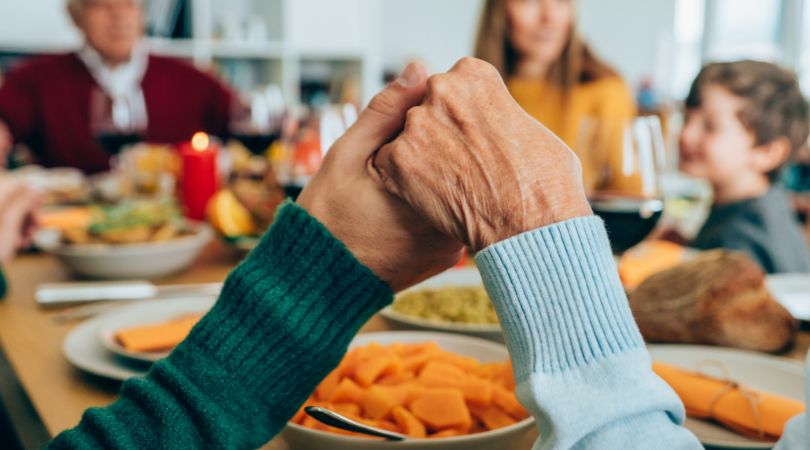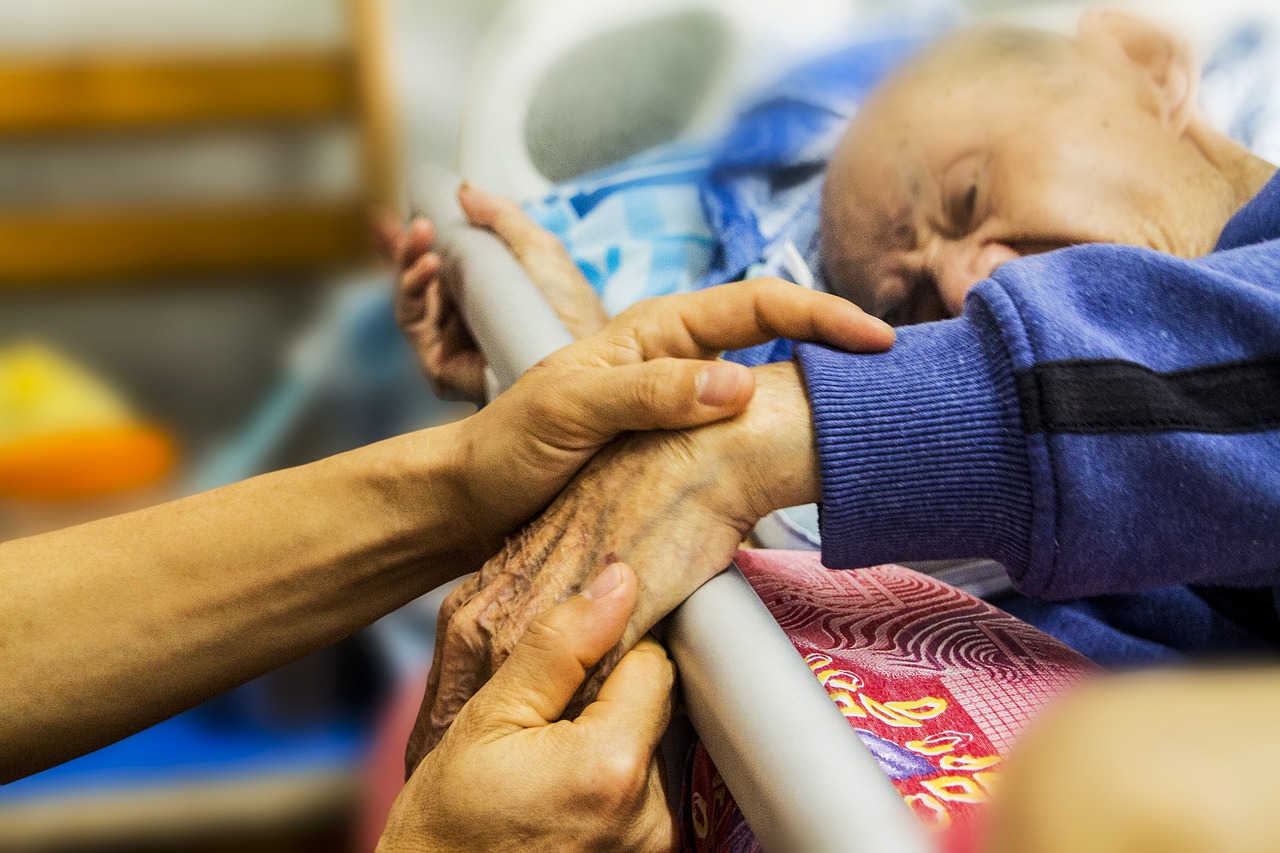Giving Thanks: Gratitude Journaling Tips for Caregivers

Caregiving for a loved one facing a chronic or terminal illness can be incredibly rewarding. It can also be one of the more taxing duties you may ever face in your lifetime. Caregiver burnout becomes very real when emotional exhaustion and grief meet the physical and mental stress that come along with providing care. It can be overwhelming.
When life’s challenges begin to burn you out, simple mindfulness techniques like gratitude journaling can go a long way. By using practices like gratitude journaling and mindfulness, you can learn to slow down and find solace even in stressful moments. This simple practice can be helpful to maintain emotional well-being and to navigate challenging circumstances.
The best part? It’s easy. All you need is a notebook and something to write with.
Why Gratitude Journaling?
By incorporating the practice of gratitude journaling into a daily or weekly routine, you can bring a shift in your social, psychological, and emotional well-being.
When you begin documenting things in your life for which you’re grateful, you'll begin to realize that, despite your challenges as a caregiver, your journey has moments of joy and meaning. Even if they seem small in the beginning.
These small moments can provide the motivation needed to keep going. Once your practice becomes more consistent, you’ll begin seeing countless things in your life that bring you gratitude. It just takes a little getting used to.

Start with a Simple List
Your gratitude journal can look and feel however you want it to. What’s most important is that it’s an intentional place for you to share your feelings.
To begin, keep your gratitude entries simple and straightforward. Each day, take a few minutes to slow down and write three to five things you're grateful for in your caregiving journey. These things could be a smile from your loved one, the support of a friend or colleague, or a moment of respite.
What’s important is that during this time you pause and reflect on the good things that happened rather than dwelling on the stressful or challenging moments. Acknowledging these moments can help reframe your perspective, which can alleviate stress and prevent caregiver burnout.
It might be hard or feel pointless in the beginning, but the process of writing things down (rather than just thinking about them) will help you see them more clearly. Lists help identify patterns and by expressing your emotions through writing, you can help release pent-up stress as you process your thoughts and experiences.

An Attitude of Gratitude
Staying mindful and present while taking care of a loved one facing a chronic or terminal illness can seem impossible at times. Moments of joy and connection become overshadowed by the next task or responsibility.
With a consistent practice of gratitude journaling, you can begin to shift away from those overwhelming feelings and look to areas of your life and relationship that you appreciate and love. Maybe this means the time you get to go outside together or sit together and read. Looking for the moments that you are grateful for will help to shift your attitude around caregiving, even if it’s for the small moments every day.

Make A Self Care List
Caregivers often think about their own needs last. Taking time for some self care can go a long way to prevent long-term burnout.
In your journal, dedicate a section to a list of things you are grateful you can do for yourself. It could be as simple as a short walk, a warm bath, or even a 15-minute meditation. These self-care practices can help recharge your batteries, prevent caregiver burnout, and strengthen your resilience.
This list can help you make conscious choices in self-care activities, ensuring you prioritize yourself so you can take care of your loved one.

Just Keep Going
As you continue this daily or weekly practice, you can strive to include more details about who or why a particular thing brought you gratitude. Oftentimes, the more specific you become with your gratitude, the more you reveal to yourself and loved ones.
In other words, don’t just write about taking a walk outside, but explain why the walk was so special to you and your loved one.
By shifting your focus, embracing your emotions, and making self-care a priority, you can navigate the caregiving landscape with more grace and resilience, and hopefully be more present to the loved one you are caring for.
Remember that you don’t have to go through this alone. Crossroads Hospice & Palliative Care provides support to patients and their families as they face serious and terminal illness. Visit our website for more hospice care resources or call us at 1-888-564-3405 to learn more about the support we provide.
If you found this information helpful, please share it with your network and community.
Copyright © 2023 Crossroads Hospice. All rights reserved.




